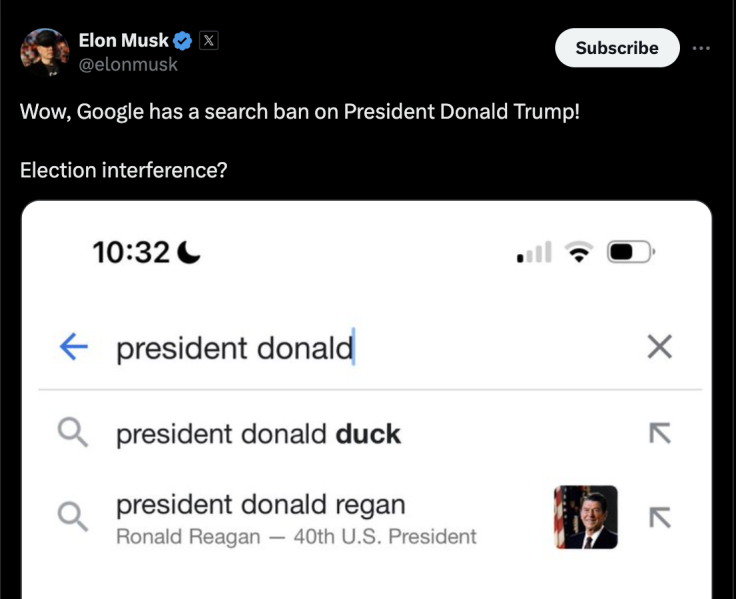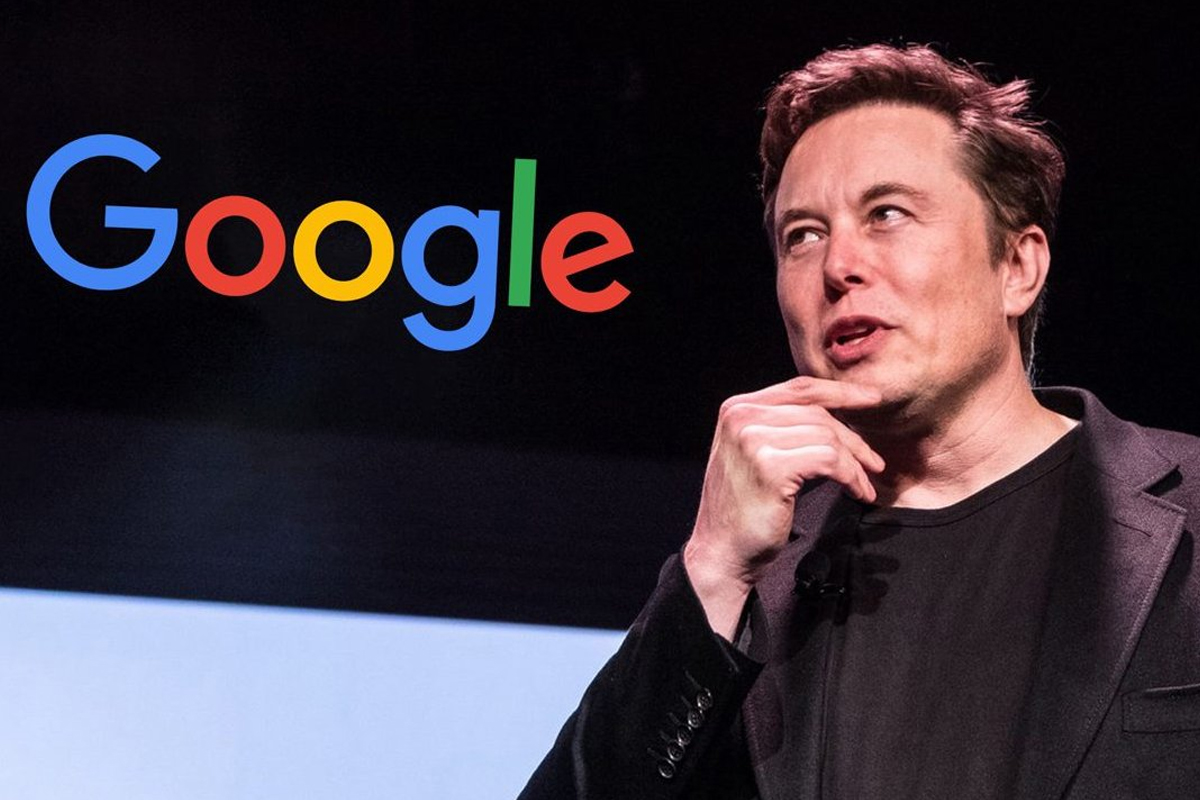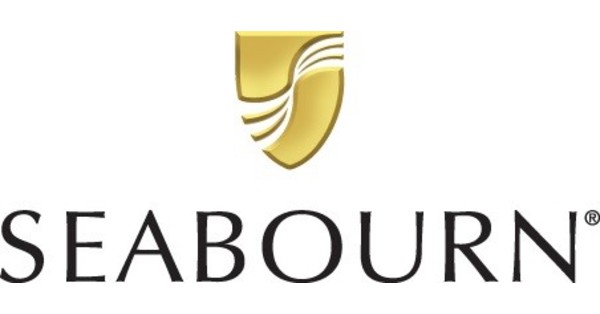Google recently found itself at the centre of a controversy involving alleged election interference after billionaire Elon Musk publicly accused the tech giant of displaying partisan bias in its search results. According to Daily Mail, Musk took to X (formerly Twitter) on Tuesday to highlight concerns that Google was supposedly directing users to voting locations for Kamala Harris but not for Donald Trump. The post quickly gained traction, with Musk’s followers echoing his concerns over what they perceived as a potential left-leaning influence by big tech on the election.
The accusation stemmed from reports that when users typed “Where can I vote for Kamala Harris?” into Google, the search engine displayed a map with nearby polling stations. However, when the same users searched “Where can I vote for Donald Trump?” no map appeared, and instead, they were prompted to enter their full address. This discrepancy raised questions among conservative circles about potential election interference.
Claims of Partisan Bias Spark Public Debate
Musk’s post intensified ongoing discussions around the role of big tech in politics, especially in closely contested elections. According to Daily Mail, conservative accounts on X, such as End Wokeness, amplified Musk’s claims by urging followers to test the search queries themselves. Robby Starbuck, another conservative commentator, wrote, “Google will likely say it’s a glitch, but these ‘glitches’ always go in one direction. No one believes it’s not intentional.”
Amid the controversy, Google clarified that the appearance of the “Where to vote” panel was linked to a county named “Harris” in Texas, which caused the algorithm to mistakenly associate the name “Kamala Harris” with polling locations. The company quickly addressed the issue, stating that it had been resolved. Musk, appearing satisfied with Google’s explanation, responded with a “Thanks for the clarification.” However, the incident added fuel to the perception among some Trump supporters that Google might be biased, especially given the proximity to a critical election.
Republicans Raise Concerns Over Media Coverage and Equal Air Time
This latest controversy comes amid heightened concerns from Republican figures about perceived bias in media coverage as well. According to Daily Mail, recent polls indicate that Trump and Harris are running neck-and-neck in swing states, further intensifying scrutiny on the media’s influence. While Harris recently appeared on Saturday Night Live and her running mate, Tim Walz, featured on The Late Show with Stephen Colbert, Trump’s team has criticised major networks for allegedly violating the equal airtime rule, which mandates balanced media exposure for political candidates. With growing public distrust, Google’s actions have only deepened concerns over transparency and neutrality within large tech and media platforms.
Google’s Recent Changes to Search Engine Visibility Raise Questions

In a related development, Google has introduced changes to its search platform, which some users find concerning. As reported by Search Engine Roundtable, Google recently removed the estimated search results count for certain queries, moving it to the “Tools” section in May. The company has reportedly been testing whether to eliminate the feature altogether, which has left users confused and frustrated.
This change could potentially impact transparency, as it reduces the visibility of specific search metrics that users have relied on for years. While Google has removed this feature in the past for testing purposes, its current absence has led some users to question the company’s long-term plans regarding search result visibility.
Is Google Becoming Less Transparent About Its Algorithm?
Glenn Gabe, a digital marketing consultant, recently highlighted Google’s decision to test the removal of the estimated search results count across various browsers. Gabe noted on X that this feature had mysteriously disappeared for some users on browsers such as Chrome and Firefox, adding that the only way to view the count was to click the “Tools” link after Google’s earlier changes.
Gabe explained, “Clicking the ‘Tools’ link was the way to continue to see the number of URLs after Google implemented changes last year. I hope that’s a bug.” His observation highlights a growing concern that Google may be shifting towards less transparency in its search algorithm, which could have implications for users who depend on such metrics for various purposes.
Barry Schwartz, executive editor of Search Engine Roundtable, also noted inconsistent behaviour of the estimated results count across different browsers and modes. Schwartz posted screenshots showing the presence and absence of the results count in Safari’s regular and private modes, sparking further speculation on whether Google intends to keep the feature or phase it out permanently. “So maybe Google is testing removing it or maybe there is a sort of bug with some browsers not rendering it? It is in the code,” Schwartz stated in a report by Search Engine Roundtable.
The accusation of election interference raised by Elon Musk, followed by Google’s response, has brought attention to the influence big tech wields in politically charged environments. Although Google clarified the apparent search discrepancy, the issue has underscored growing concerns about transparency and algorithmic bias. The concurrent changes to Google’s search visibility, including the experiment with the estimated results count, further add to the debate around Google’s commitment to openness.







